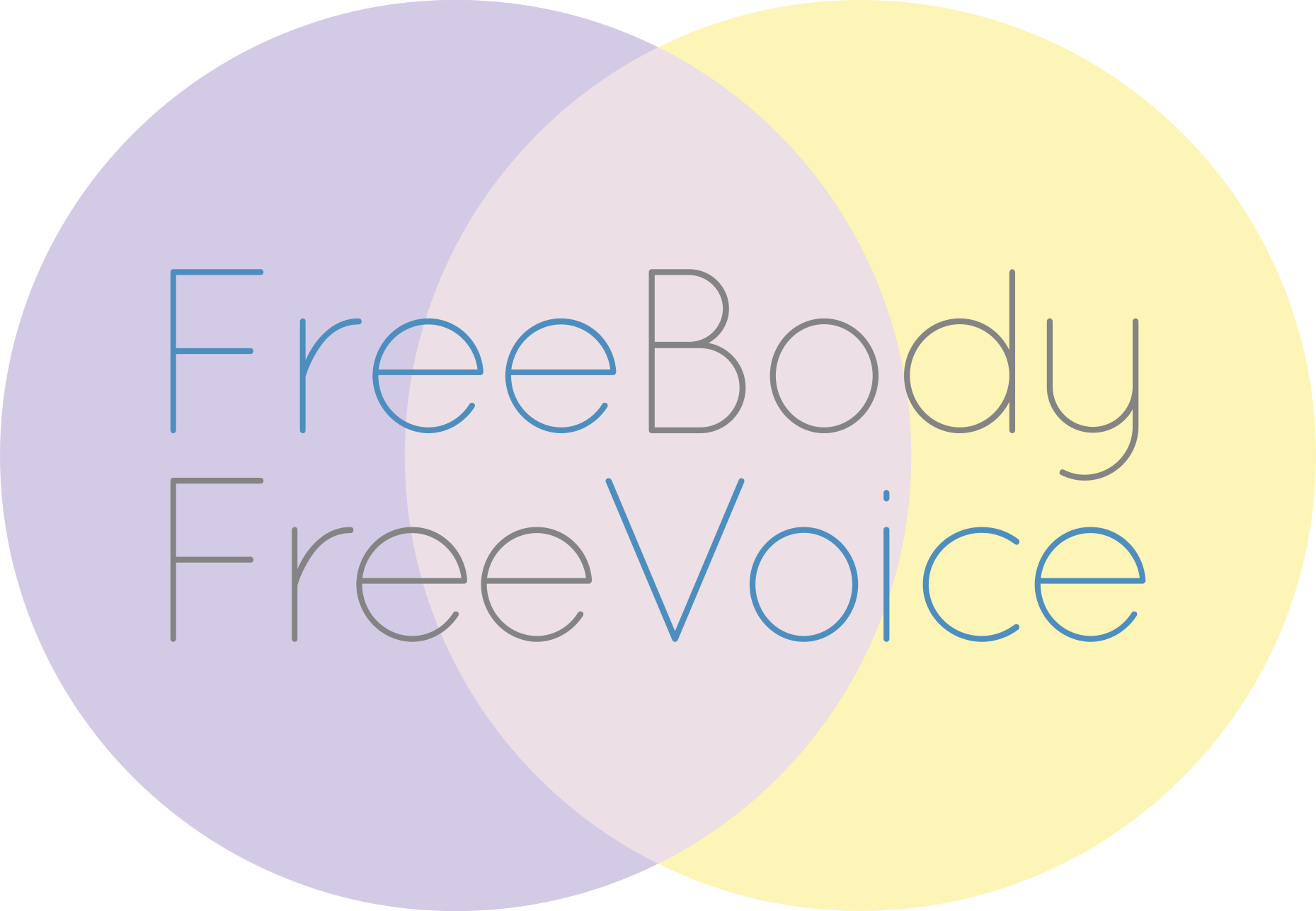Don't Waste Your Breath: Easy Ways to Improve Your Health by Changing How You Breathe
For the past half-year or so, I have been engaged in studying and improving my breathing through the Buteyko system. After more than 300 hours of classes and daily practicing, I have made great progress and seen a lot of benefits in my health and well-being. Here’s a list of a few of these benefits, which are too numerous to mention in this post:
My sleep is better and I need far less of it.
My energy level has increased and I rarely experience fatigue.
My mood is calmer, my thoughts less fraught.
My voice (spoken and sung) works better and more efficiently. I have developed incredible breath control.
Without trying to, I find myself eating less and not getting hungry or needing snacks.
There’s more—such as a boost in immunity to COVID-19 and other illnesses—but I figured that list is enough to pique your interest! Maybe you will eventually want to read a whole book about Buteyko breathing, take some classes, and dedicate a couple hours of every day to practicing the exercises that will boost your body’s store of carbon dioxide (CO2), which, as Buteyko discovered, has countless positive effects on our health and functioning. (Were you, like me, under the impression that CO2 is a waste product? Turns out it’s a precious nutrient and a catalyst for most of the biological processes of our bodies.)
The Buteyko exercises are designed to 1) build up your body’s store of CO2 and 2) reset your brain to tolerate the higher concentrations. (Through incorrect breathing habits, most of us have arrived at a state of imbalance—too much oxygen and not enough CO2. Our brains have gotten used to this imbalance and need to be trained over time to accept a healthier higher percentage of CO2.) But you don’t need to do any exercises to begin getting healthy benefits. There are simple things you can do right away without much effort to stop wasting the precious CO2 already in your system.
I was not aware of how my daily habits were depleting my CO2 stores. I was like a leaky balloon, constantly losing CO2 to the environment and ending up depleted as a result. Here are some CO2-wasting habits that I have become conscious of and changed:
Mouth breathing. This is a HUGE waster of CO2. Just shutting my mouth and breathing through my nose made a big difference in my energy level. This practice also ensures that one’s nose does not get congested. If yours is congested, there is a quick and easy exercise you can do to unclog it so you can resume nasal breathing.
Sighing. Everything from little sounds of exasperation to big exhales of exertion or tension release. Paradoxically, these expellings of CO2 actually result in intensifying the symptoms they’re meant to alleviate. I was also surprised when I began noticing how I was exhaling lots of air out of my mouth while doing simple movements like rising from a chair, lifting a bag, putting on a coat.
Coughing/throat-clearing. I almost never need to cough anymore, but while I still did, doing so with mouth closed firmly meant I was minimizing the loss of CO2.
Gasping while eating or drinking. At first, I didn’t realize I could continue delicately breathing through my nose while putting food/drink into my mouth, chewing, and swallowing.
Gasping breath through the mouth while speaking (or singing). Practice saying a few words, then closing your lips and allowing a gentle and silent breath to enter your nostrils before proceeding to the next phrase. Over time, you will be able to sustain longer and longer phrases between in-breaths. (I can help you apply this powerfully efficient method of managing breath to your singing. Come to me for some instruction in what I call Secret Breathing or Ninja Breathing and you will be amazed at how much freer and stronger and easier your singing becomes.)
It’s important to nose-breathe 24 hours a day, including while sleeping, which is why I have been using mouth tape at night. This sounds more intrusive than it is! After a night or two, I was totally used to it and started waking up far more refreshed. I’m told it prevents snoring too!
If this essay got you curious about a life practice with the potential to improve your well-being in countless ways, I’m happy to guide you in finding resources to continue exploring. In the meantime, have fun exploring the habit changes I listed above…and let me know how it goes for you.
